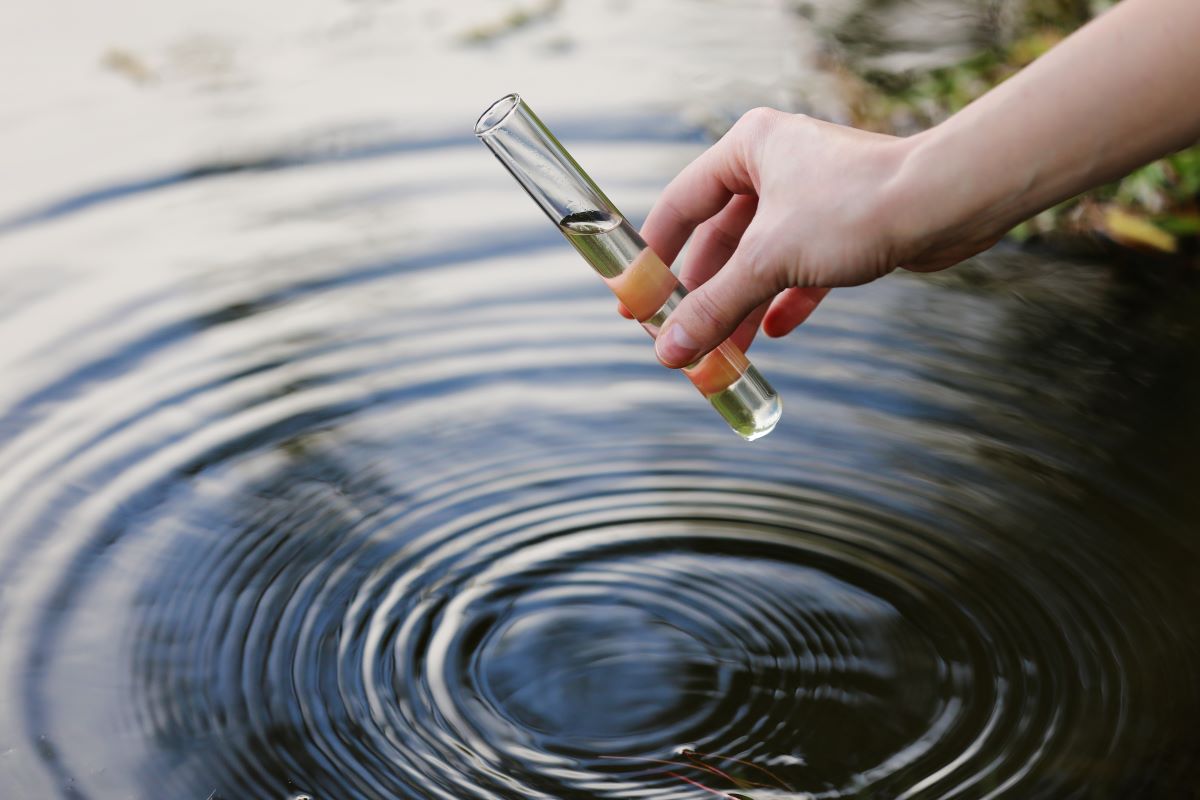WHAT EVERY HOMEOWNER SHOULD KNOWThe Hidden Challenges of Untreated Well Water
Well water, often hailed for its natural origins and independence from municipal sources, can be a fantastic asset for homeowners. Yet, without proper treatment and filtration, it may come with visible and invisible challenges to the naked eye. Let’s dive into the intricacies of untreated well water and why it might be worth a second thought.
The Unseen World in Well Water: While the idea of tapping directly into a natural water source sounds pristine, the ground can be a reservoir for various contaminants:
- Bacteria and Microorganisms: Wells can harbor pathogens like E. coli, coliform bacteria, and waterborne viruses. Consuming or using contaminated water can lead to illnesses.
- Minerals and Hardness: High concentrations of minerals like calcium and magnesium make the water “hard,” leading to scale buildup in appliances and fixtures.
- Iron and Manganese: These can cause staining on fixtures and laundry and give the water a metallic taste.
Beyond the Obvious – Chemical Contaminants:
- Pesticides and Herbicides: Agricultural runoff can introduce these chemicals into groundwater sources.
- Heavy Metals: Elements like arsenic, lead, and radon can seep into well water, posing long-term health risks.
- Volatile Organic Compounds (VOCs) can come from fuel storage, septic systems, or industrial activity nearby.
The Real-Life Implications:
- Health Concerns: Regularly using untreated well water can lead to digestive problems, skin issues, or more severe health complications.
- Appliance Efficiency: Mineral buildup can reduce the efficiency and lifespan of water-based appliances like dishwashers and water heaters.
- Aesthetic Issues: Stains on fixtures, dingy laundry, and an off-putting taste or smell can diminish the joys of well water.
- Increased Costs: Between appliance repairs, replacement of stained fixtures, and potential health treatments, untreated well water can be costly in the long run.
Finding Solutions:
- Regular Testing: Ensure you test your well water annually for a comprehensive list of potential contaminants.
- Water Softeners: These devices can address the hardness of water, preventing scale buildup.
- Filtration Systems: Depending on your water’s specific challenges, consider installing filters that target metals, chemicals, or bacteria.
- UV Purification: UV purifiers can be a potent addition to your water treatment arsenal to combat bacterial contamination.
While well water offers autonomy and a connection to the natural environment, it comes with challenges. Recognizing and addressing the potential issues proactively ensures that you can enjoy the benefits of well water without the downsides. With the right knowledge and tools, every drop from your well can be as pure, safe, and refreshing as nature intended.


